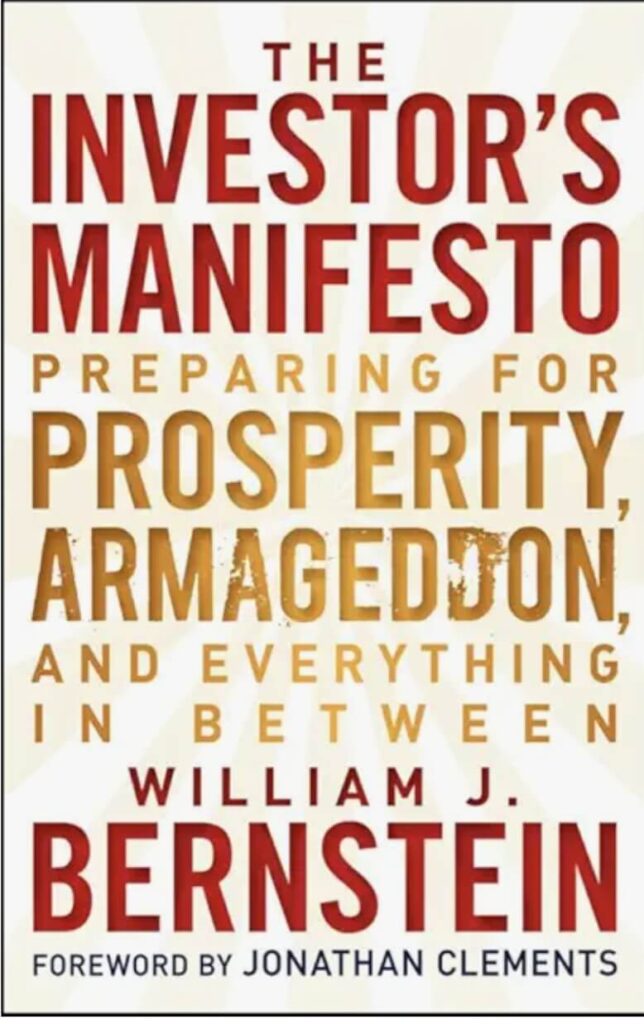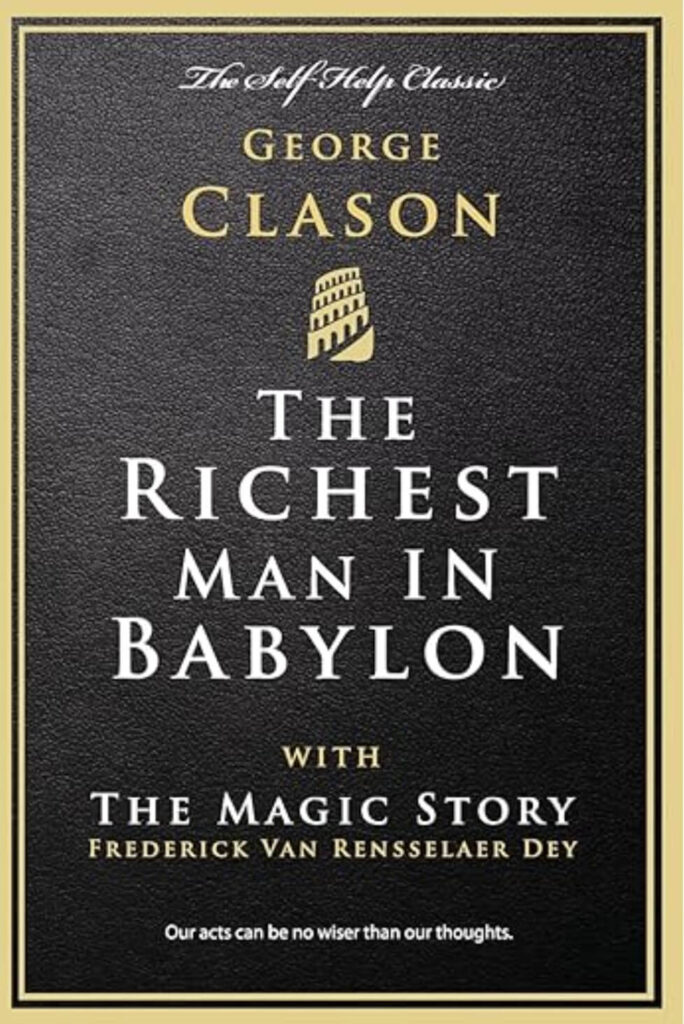In a world where “globalization” is often treated as destiny, and “the market” as the ultimate problem-solver, Globalization, Economic Development and the Role of the State offers a sharp and necessary counterpoint. In this influential volume, Ha-Joon Chang assembles a series of essays that question the ideological foundations of modern economic policy and argue for a larger, smarter role for the state in shaping development outcomes.
Originally published in 2003, this book is perhaps Chang’s most comprehensive academic critique of neoliberal globalization. It’s also a clear-eyed defense of policy space — the ability of nations, especially in the Global South, to shape their own economic futures without being boxed in by international rules or elite opinion.
For readers who want to go deeper than economic soundbites — and understand how the global economy really works — this is essential reading.
💡 Why This Book Still Matters
Since its publication, globalization has gone through several crises — from the 2008 financial collapse to the COVID-19 supply chain breakdown, to renewed debates about trade, tariffs, and national sovereignty. In each case, Chang’s arguments about the risks of “one-size-fits-all” policy advice have proven eerily prescient.
This book remains a foundational text for anyone questioning the idea that liberalized trade, deregulated finance, and reduced government intervention automatically lead to development.
🧠 The Core Idea
Chang argues that the current global economic order systematically restricts the ability of developing countries to use the very tools that helped today’s advanced economies grow. These tools include:
⦁ Tariff protection
⦁ Subsidies
⦁ Capital controls
⦁ Technology licensing regulations
⦁ Industrial policy
Yet, under pressure from the IMF, World Bank, WTO, and powerful trading partners, many developing countries have had to abandon these tools — often with damaging results.
Chang’s core message is this: development is not just about integration into the global economy — it’s about strategic management of that integration. And that requires a strong, capable, and active state.
📚 Structure of the Book
This is a collection of essays, but it’s unified by a clear thesis and recurring themes. The book is organized into three main parts:
Part 1: Historical Context and Conceptual Foundations
Chang begins with a historical analysis, showing how countries like Britain, the U.S., and Germany relied heavily on state-led policies to industrialize — just like in Kicking Away the Ladder. He then critiques the theoretical underpinnings of the Washington Consensus, including the myths of market neutrality and comparative advantage.
Part 2: The Role of Institutions and Governance
This section explores the importance of national institutions — legal systems, financial systems, bureaucracies — in enabling (or constraining) development. Chang emphasizes that strong institutions aren’t built overnight and that imposing institutional “blueprints” from rich countries often backfires.
Part 3: Policy Space in a Globalized World
Here, Chang discusses how international economic rules (e.g., WTO agreements, investment treaties, patent laws) limit the options available to developing countries. He argues for reforms that would allow more flexibility in trade, finance, and technology transfer — so countries can pursue their own development paths.
✅ Why You Should Read This Book
It Connects Theory to Policy
Chang doesn’t just criticize globalization in the abstract — he shows how specific international agreements limit concrete national choices, from agriculture and manufacturing to education and healthcare.
It Defends the State, Without Dogma
In an age where the state is often blamed for inefficiency or corruption, Chang makes a nuanced case: not all state intervention is good — but without it, meaningful development is nearly impossible.
It Gives Voice to the Global South
Many economists treat poor countries as laboratories for theory. Chang treats them as full actors — with histories, constraints, and the right to shape their own futures.
🎯 Real-World Relevance
Chang’s arguments have only become more timely. Consider:
⦁ Vaccine inequality during COVID-19, exacerbated by global intellectual property rules.
⦁ The green transition, which requires massive industrial policy and public investment — things discouraged by decades of fiscal austerity.
⦁ China’s rise, which defied most neoliberal prescriptions and relied heavily on strategic state intervention.
In each of these cases, Globalization, Economic Development and the Role of the State offers the tools to understand what’s really at stake.
⚠️ Where the Book May Challenge You
It’s Academic in Tone
Compared to 23 Things or Edible Economics, this book is more technical. It’s written for students, scholars, and policymakers. That said, Chang’s writing remains clearer and more engaging than most economics texts.
It Questions Deep Beliefs
If you’ve absorbed the idea that “free trade is always good” or that “governments can’t pick winners,” this book may unsettle you. But that’s exactly why it’s worth reading.
💬 What Readers and Critics Say
“A crucial correction to globalization hype” — Economists and political scientists have praised the book for challenging the blind spots in trade theory and development orthodoxy.
“An empowering read for policymakers” — Development professionals find in Chang a rare voice who combines historical insight with practical relevance.
“Deep, smart, and overdue” — Reviewers highlight how the book forces richer countries to reexamine their role in maintaining global inequality.
📈 Final Verdict: ★★★★☆ (4.5/5)
Globalization, Economic Development and the Role of the State is a bold and brilliant work that pierces through economic orthodoxy and gives us a clearer view of what truly drives national progress. While academic in tone, it’s a vital read for anyone who wants to understand why so many development efforts fail — and what we can do differently.
If Kicking Away the Ladder opened your eyes to the myths of free-market development, this book gives you the full map — complete with historical detours, policy potholes, and possible exits.
In short: Chang reminds us that globalization is not destiny. It’s a process — and like any recipe, it turns out very differently depending on who gets to choose the ingredients.




